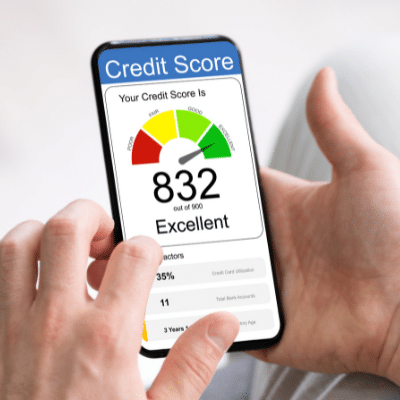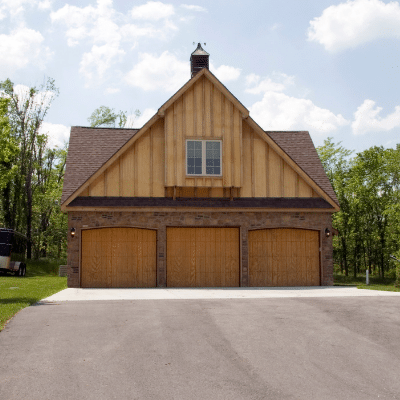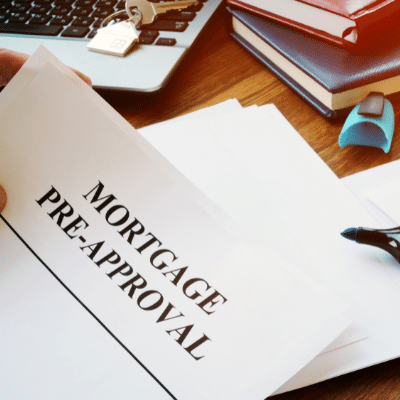6 Amazing & Fast First-Time Homebuying Tips
First-time homebuyers are in an exciting position. You’re about to buy your first home and start an amazing new adventure! However, this journey can quickly get overwhelming. Not knowing what to expect or how to make the most of your chances of getting approved can feel scary.
Here are 6 fast first-time home buying tips to get you started on your home buying journey in the most amazing manner.

Fast First-Time Homebuying Tip #1: Check your credit
Before you apply for a mortgage, it is important to know what your credit is like. Even if you don’t know the credit score, that’s okay. Looking at your credit history will tell you what lenders will think of your ability to afford a mortgage.
Everyone gets free weekly access to their credit report here. Take advantage of the opportunity and look for any of these issues that should be corrected before you apply for a loan:
- Late payments – If you have any late payments, bring them current and continue making your mortgage payments on time moving forward.
- Overextended credit lines – Try to keep your credit card debt at 30% or less of your total credit line. This means no more than a $300 balance for every $1,000 credit line.
- Collections or other public records – Try to clear up any collections or negative credit information. If you had a bankruptcy, make sure a few years have passed since the discharge to improve your chances of approval.
- Excessive inquiries – Don’t apply for any other credit when you’re looking for a mortgage. Every time you apply, it puts an inquiry on your credit report which hurts your credit score. This can lead to a drop in your score, which you definitely want to avoid.
Fast First-Time Homebuying Tip #2: Save money early
You don’t need 20% for a down payment, but you’ll need some money down on a home, plus you’ll have other costs to cover. The earlier you start saving the more money you’ll have available when you buy a home.
Here are some of the costs you’ll need to cover.
- Down Payment – Typically, you’ll need at least 3.5% down on a home. Figure you need at least $3,500 for every $100,000 you borrow. There are exceptions with VA and USDA loans, for example, but overall, you’ll need some money down. The less money you put down, the more likely you’ll need mortgage loan insurance, which can lend itself into an extra cost on top of your mortgage.
- Closing Costs – All loans have closing costs. The total will vary by situation, but figure 3% – 5% of the loan amount for closing costs. You’ll pay these fees at the closing before you get the keys.
- Moving Costs – It costs money to move whether you hire movers or do it yourself. Leave room in your budget to cover these costs, even if you’re just having friends help you.
- Reserves – It’s always a good idea to have reserves on hand. You’re in charge of all expenses for repairs, renovations, taxes, and insurance. Having money on hand is a good idea to ensure that you can cover all your expenses.


Fast First-Time Homebuying Tip #3: Explore your loan options
First-time homebuyers have a lot of loan options, so it’s important to see what’s available to you. Compare your loan options looking at the big picture, not just the interest rate.
Look at how much the loan will cost you over its entire term, the monthly payment, and the loan terms. Can you prepay it without a penalty? Can you afford the payment? Will the rate adjust?
These are all questions to ask about the loan options you have available to you so you can make a good financial decision.
Fast First-Time Homebuying Tip #4: List your priorities
When you think about buying a house, you likely have a dream home in mind, but reality doesn’t work like that. You might find a perfectly suitable home that doesn’t have everything you want in it but has everything you need.
Create a list of needs and wants and prioritize those lists. Your needs are things you can’t be without. Things like the number of bedrooms or bathrooms, the number of stories, or even certain features to accommodate your family are needs.
Wants are things you could live without but would love to have. Granite countertops, wood floors, or a separate room for your ‘she shed’ are all ‘nice to haves’ but not deal-brokers. This helps your real estate agent find the homes that are suitable and within your budget.


Fast First-Time Homebuying Tip #5: Get pre-approved
Don’t look at homes without knowing how much you can afford. Don’t just figure out what you think you can afford either. Find out what the bank thinks.
A pre-approval letter holds a lot of weight for home sellers and real estate agents. It tells them you are a serious homebuyer and can afford the loan. Without the pre-approval letter, two things might happen:
- You might waste time looking at homes you can’t afford
- Sellers might not accept your offer because they don’t know if you’ll qualify for a loan
Fast First-Time Homebuying Tip #6: Hire an Inspector
When you find a home, invest in an inspection. It’s another cost but it can save you thousands of dollars if the inspector finds something wrong with the home.
The average inspection costs $300 or so, and it’s worth it. The inspector will go through the home with a fine-toothed comb to see what is good and not-so-good with the home. The inspector will write up a lengthy report that tells you everything you wanted to know about the home.
If the inspector finds anything seriously wrong with the home, you can use it to renegotiate with the seller. You may ask that the seller fix the issues, lower the sales price, or cancel the contract if the issues are bad enough.


Additional Thoughts for First-Time Homebuyers
Buying your first home is exciting! If you take these simple steps before you buy, you’ll be well on your way to a profitable investment. A home is one of the largest investments you’ll make in your lifetime, so take your time and find the right home and right financing.
With the right steps, you can own a home that appreciates, makes you money over time, and has a mortgage that you can easily afford. Learn more about purchasing a new home by checking out some of our other Real Estate blog posts!



